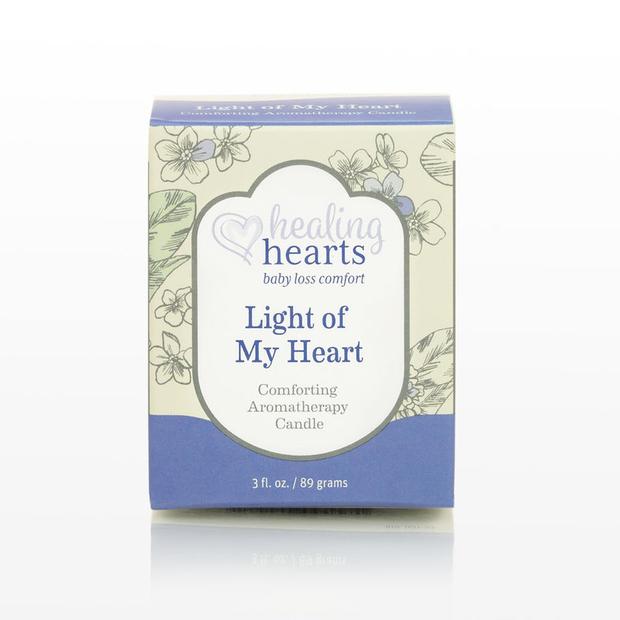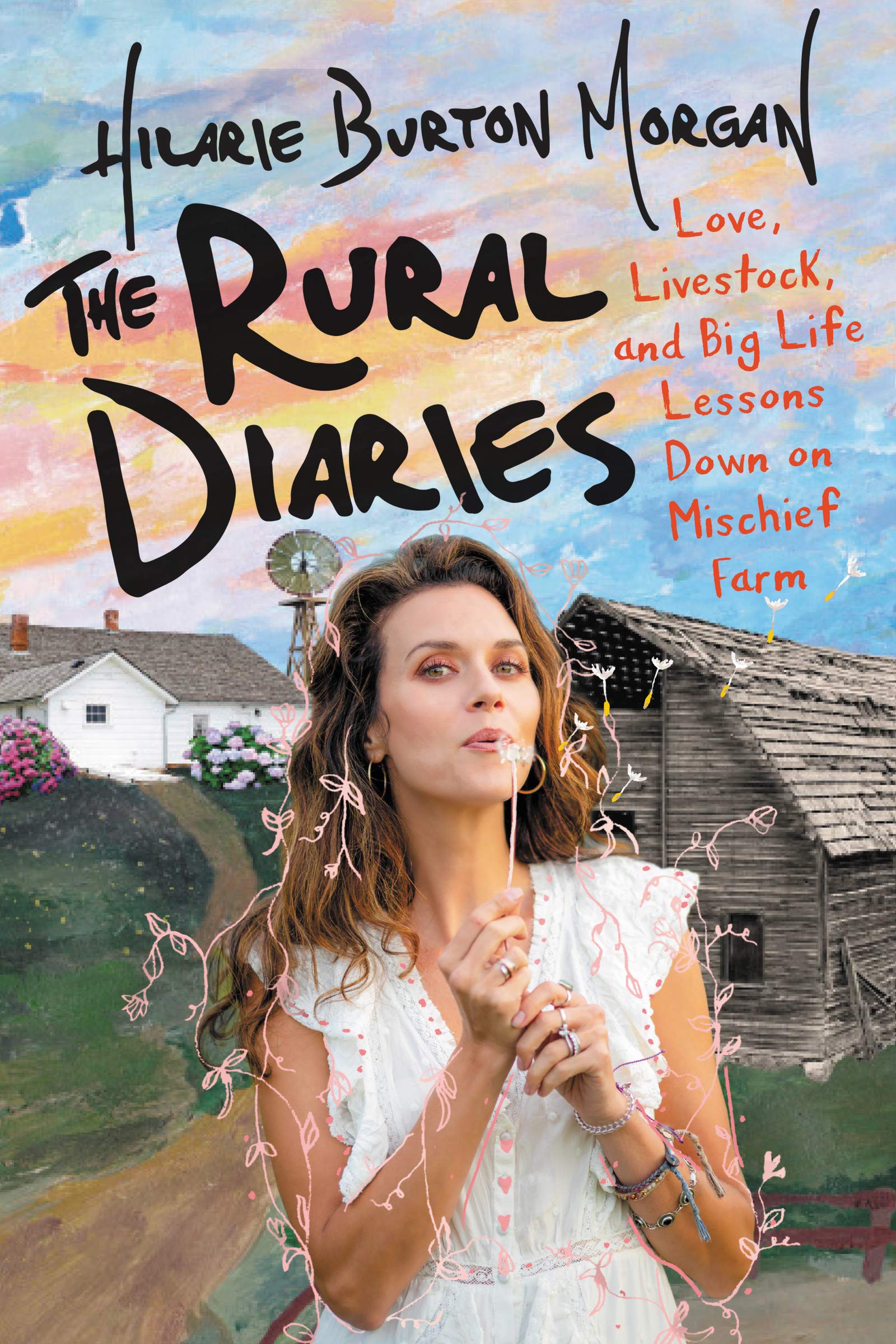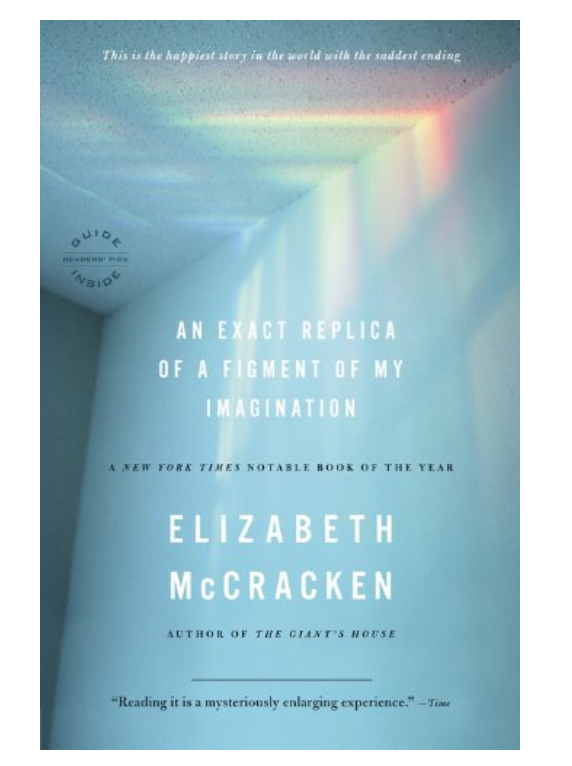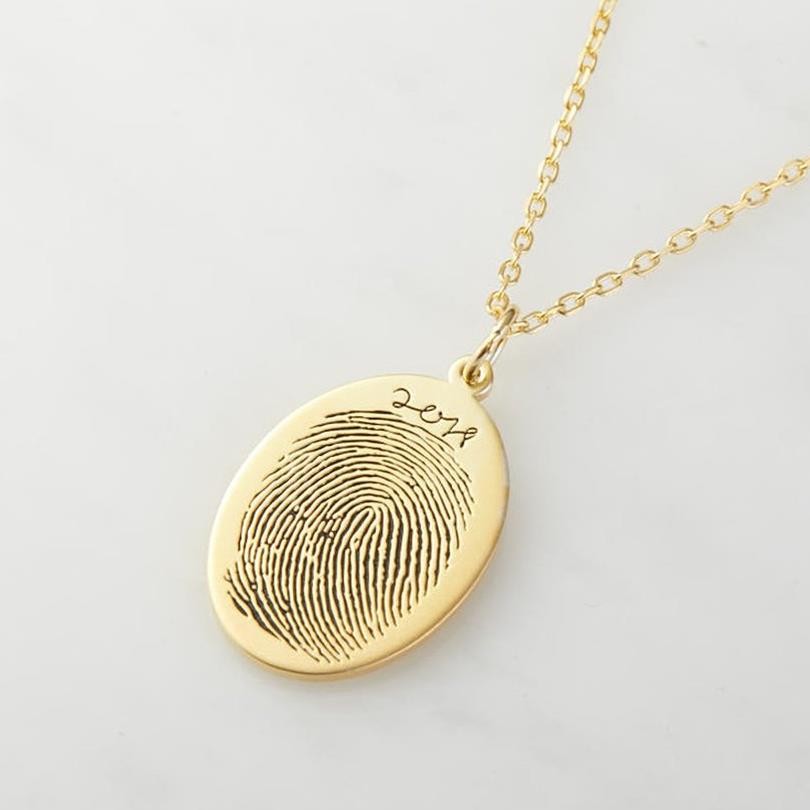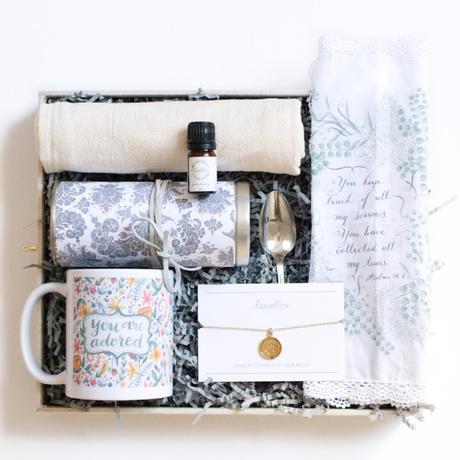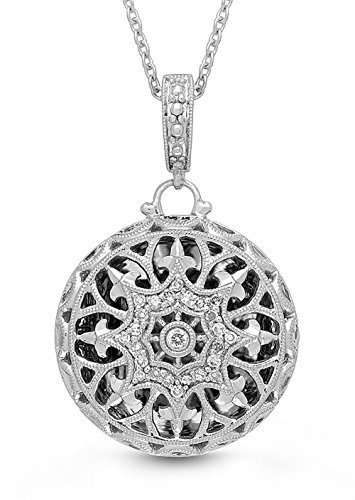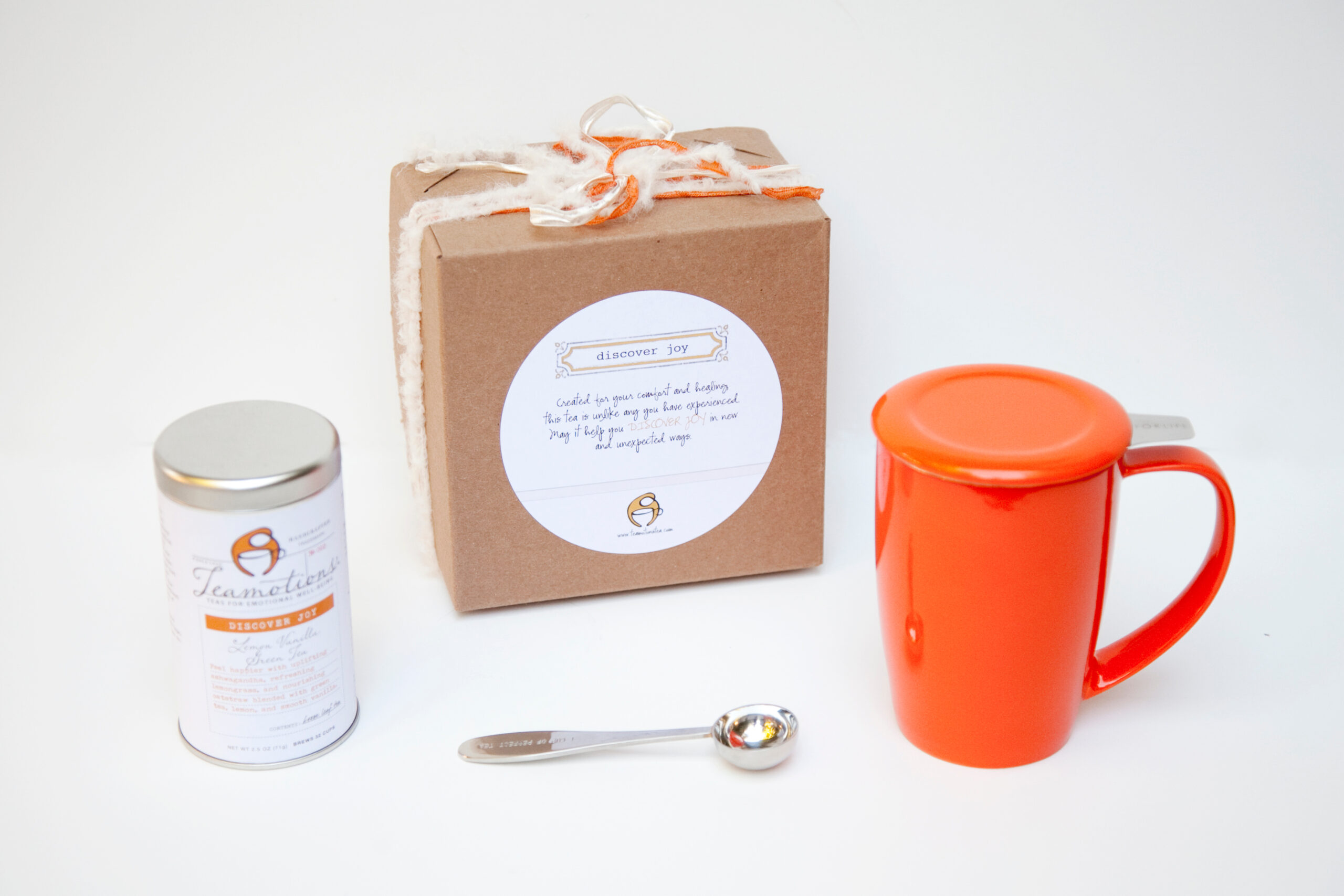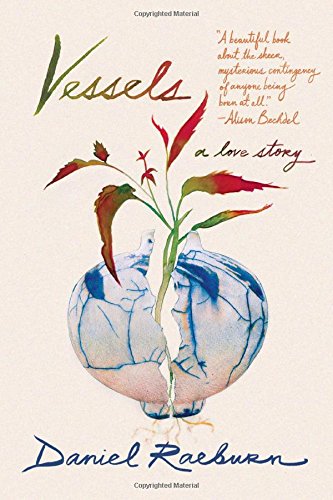In 2016, Oprah Winfrey shared the name of her baby, a boy born prematurely who died when Winfrey was fourteen years old. This has been very much on my mind for weeks now. Noting that his conception was the result of her rape by a family member, I cannot begin to guess at the complexity which her loss summons, and I would feel hubristic if I were to even try. The victim of a crime, Winfrey hid her pregnancy owing to understandable fear and shame, the grimness of these circumstances speaking for themselves.
A reporter urged Winfrey to give this baby a name. Upon consideration, Winfrey said:
“So I named him. I had a little boy named Canaan. I did have a son. And I named him Canaan because Canaan means new land, new life."
Oprah’s baby-naming stands as an act of complex courage. No matter where we stand on the continuum of childhood or parenthood, we can draw singular lessons from such bravery. As someone who has lost a child, someone called within the bereavement community a loss mom, I am particularly moved by Winfrey’s public self-identification, one which includes such crucial reckoning: the naming of a child speaks to one important aspect of her experience as a woman.
Why? Because unique weight lives in names. A name affirms existence and even a kind of permanence.
As we come to understand the many forms of trauma and the resilience of those capable of surviving it, we learn that our stories about particular traumas evolve. No stasis applies to those living with trauma. Instead, survivors find a kaleidoscopic way to understand their experience in retrospect. Bits of glass fall in seemingly random ways and slowly a pattern can be discerned. When we move, the pattern changes again. As is true in so many other moments of life, essential truths contain multiple versions, especially truths as porous as existence.
A decade ago, my son died in utero and I instantly shut down. I had a sense of watching myself leave my body as I prepared to deliver a baby who had died. I cannot begin to convey the contours of the sad land that day showed me.
In calm tones, a nurse asked if I wanted to name him, a question that sliced me more than any scalpel: it made my boy’s existence so real.
This idea of a name, almost above anything else, marked how far away our boy was from life. Perhaps you might be able to imagine how cavernous the emotional dissonance such a question could start, how clamorous and strange all the questions seemed, unhinged from time. Within the scope of the same conversation, I was being asked about baby autopsies and names.
As it happens, we gave him a name which, had he lived, would likely not have been his name. In a moment of tragic and crushing beauty, considering a baby whom we already loved unequivocally yet who would never live among us, we gave him the name Dylan. Writing it here, I note the great ambivalence I have both about naming and this name itself: a name which recalls his death. I note how carefully I share it here, fearing judgment about this boy, this moment, this name which I never use without care, wishing to guard some precious truth.
There is a real fear among loss moms that crucial people may not understand that a baby was named, let alone why. I fear too many references to his name will reveal the rift between those who don’t understand what it means to hold a warm, dead baby and those who do. Since some might consider me morbid, I fear being stranded on a spit of land the baby-bereaved know well.
And yet this also is true: hanging on to slight memories of an ephemeral existence is harder than it seems. The banality of the everyday can wash over all. The ephemeral memories are more easily threatened than sturdier, less impermanent ones. Comb a mossy old cemetery and you’ll find lots of tiny headstones commemorating unnamed babies.
Another fear haunts me: those whose hearts have been as broken as mine will be confused by my ambivalence about his name. I am not ambivalent about the tragedy of Dylan’s loss. I have learned that happiness is hard won after loss, but possible. My heart pinches when I see incomplete family photos, yet the pinch does not steal from the joy in the life I have built. Still, we don’t forget.
And so I understand why Winfrey has not spoken a great deal on the loss of Canaan. The layers of complexity in her story are unfathomable to me. Still, Winfrey’s naming of Canaan is a reminder – and an invitation – that past experiences can be reshaped and memorialized even decades later. Ms. Winfrey, I am sorry for your loss, as I am sorry for all of us, and yet your courage flies a bold flag over exactly the kind of suffering with which life best teaches us to find joy.
Helpful Products
Give InKind does not provide medical advice, diagnosis, or treatment. We have an affiliate relationship with many of the advertisers on our site, and may receive a commission from any products purchased from links in this article. See Terms & Conditions.
